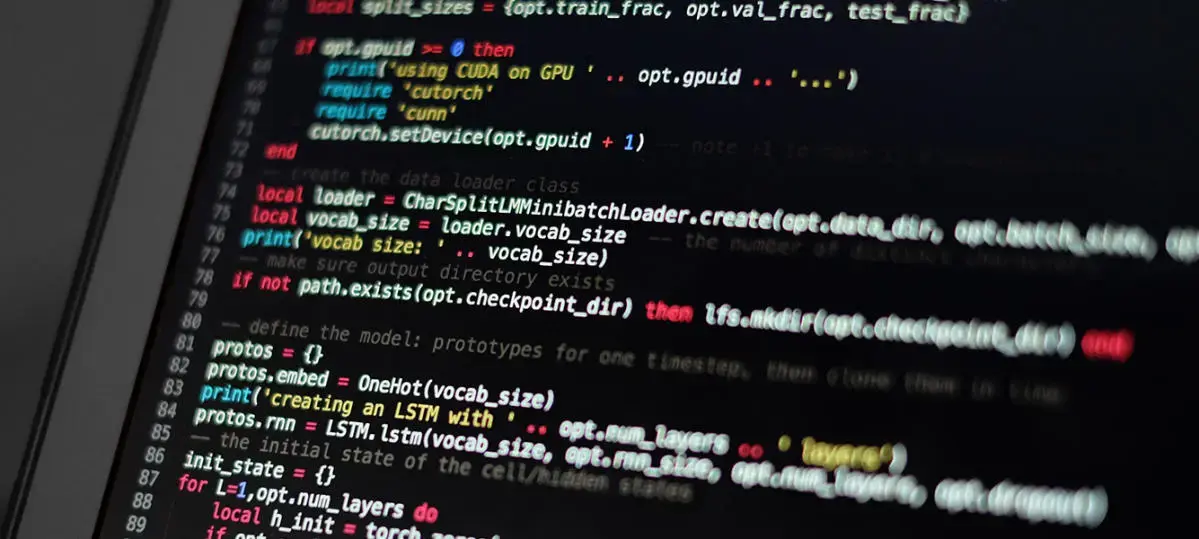Three US Senators introduced bill that aims to rein in the rise and use of AI generated content and deepfakes by protecting the work of artists, songwriters and journalists.
The recently introduced Content Original Protection and Integrity from Edited and Deepfaked Media (COPIED) Act is a bipartisan effort authorized by Sen. Marsha Blackburn (R-Tenn.), Sen. Maria Cantwell (D-Wash.) and Sen. Martin Heinrich (D-N.M.), according to a press alert issued by Blackburn’s office.
The COPIED ACT would, if enacted, create transparency standards through the National Institutes of Standards and Technology (NIST) to set guidelines for “content provenance information, watermarking, and synthetic content detection,” according to the press release.
Not an “artist, songwriter or journalist” You’re on your own
You’re free to be pillaged for you data by ai
There is no ai without stolen dataIt’s a bill to create technical standards by which anyone can mark their digital files with a rough analogue of a robots.txt that says “don’t train on this file,” and a requirement for AI training to obey that standard. It’s for everyone, because copyright is for everyone who creates pretty much anything.
I’m curious how they’re defining artist too. The definition for tax purposes is already a mess that barely covers anyone.
I can’t imagine who possibly lobbied for this and why it’s focused only on artists and journalists
We desperately need AI regulation, but it needs to be focused on labor rights, privacy rights, and antitrust enforcement. Not copyright and DRM.
Why can’t we have all of it?
Maybe we can? Depends what you mean by “all of it”. Care to elaborate?
Labour rights, privacy rights, antitrust enforcement, cooyrights, DRM, maybe more.
I’d just argue that it’s hard to say that this law is more or less important than that law, because it will depend on who you are. If you’re a tech worker you’d likely be focused on labour rights, if you’re an author it might be copyrights, for example. So we should protect all whose rights are violated.



